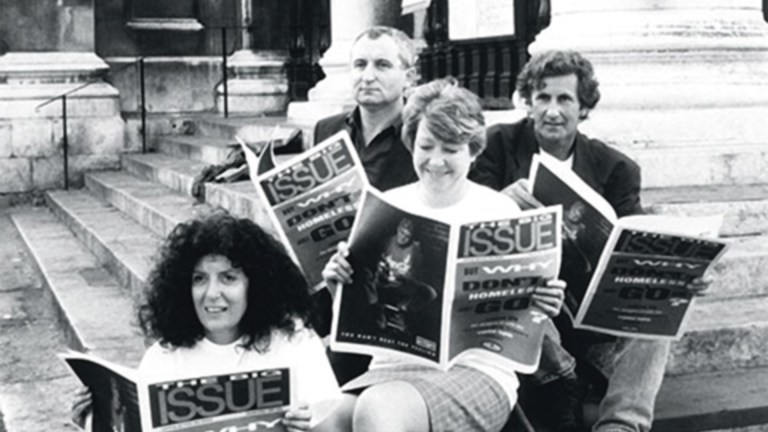Just Stop Oil, the infamous climate campaign group, announced last week they were “hanging up the hi-vis“. They called themselves “one of the most successful civil resistance campaigns in recent history”, pointing to the Labour Party’s pledge to end new oil and gas exploration as proof of their impact.
It’s a bold claim. For many, Just Stop Oil will be remembered less for policy wins and more for chaos: blocking motorways, halting sports events and throwing soup at priceless art. Their tactics were condemned by politicians and pundits alike. They were called “eco-zealots” and even compared to terrorists.
The public mostly agreed. A 2023 YouGov poll showed 64% of people disapproved of the group. A significant majority of the British public think disruptive protest tactics hinder activists’ cause. While their approach was clearly unpopular, did it actually work?
- Communities that build solar panels and wind farms should get cheaper bills, says Labour minister
- The North Sea has been Britain’s oil powerhouse for 50 years. But what is its future now?
- Labour’s billion pound gamble: Can community energy deliver the affordable power the UK needs?
I lead Social Change Lab, a think tank that studies the impact of protest movements – from public opinion to media coverage to policy change. Having conducted a number of studies on Just Stop Oil and other disruptive climate groups, we find the use of such tactics can have some unexpected and surprising consequences.
Let’s start with the backlash. Just Stop Oil, along with Extinction Rebellion and Insulate Britain, were explicitly cited by the last government to justify its sweeping clampdown on protest. Sentences for environmental activists have grown harsher. Last summer, five Just Stop Oil members were given up to five years in prison for participating in a Zoom call planning disruption. This punishment is on a level with sentences for firearms and burglary offences. There were celebratory headlines from the British press, but most people in the UK felt those sentences were too harsh.
Yet, Just Stop Oil and their predecessors made important contributions to the climate movement. Radical climate groups helped push the climate crisis to the forefront of public consciousness. In 2019, following a wave of large-scale disruption, UK concern about climate change reached record highs. An academic study found similar results: disruptive action helped strengthen environmental attitudes in the UK.










